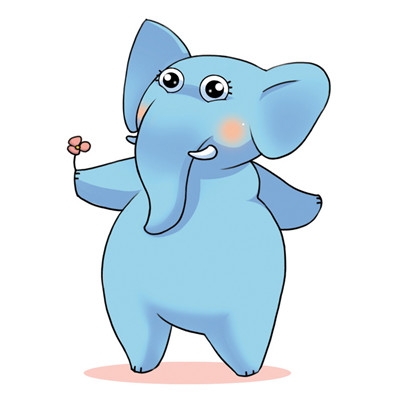Silence Is Good
沉默是金
At an Indian fair there was a merchant who had an elephant for sale. He saw an American who was examining it with very great care--walking round and round it, putting his head on one side, and taking in everything.
在印度集市上,有個(gè)商人要賣大象。他看到一個(gè)美國(guó)人仔細(xì)地觀察,圍著大象走來(lái)走去,還歪著頭看,一切都記在心上。
The merchant went up to the American, and said, "Don't say anything about the elephant till I have sold it, and I will make you a present."
商人走過(guò)去對(duì)美國(guó)人說(shuō):“在我賣掉大象之前一個(gè)字都不準(zhǔn)說(shuō),我會(huì)給你一份禮物的。”
"All right," said the American.
“好啊!”美國(guó)人說(shuō)。
After the elephant was sold, the merchant gave him one-tenth of the price he had got for it, and said, "Now tell me how you found out that blemish on the left foreleg of the elephant. I thought it was quite concealed."
賣了大象之后,商人把賣大象錢的十分之一給了美國(guó)人,并且說(shuō)道:“現(xiàn)在告訴我你是怎么發(fā)現(xiàn)大象左前腿的毛病吧。我以為很隱蔽呢!”
"Blemish!" said the American. "I never found any blemish."
“毛病?!”美國(guó)人說(shuō)道,“我從沒(méi)發(fā)現(xiàn)什么毛病啊!”
"Then, why did you examine the elephant so closely?" asked the merchant.
“那么,你為什么那么細(xì)心地檢查大象呢?”商人問(wèn)道。
"Because I had never seen an elephant before, and wanted to see what it was like," said the American.
“因?yàn)槲乙郧皬臎](méi)看到過(guò)大象,想看看到底是什么樣子。”美國(guó)人說(shuō)。












